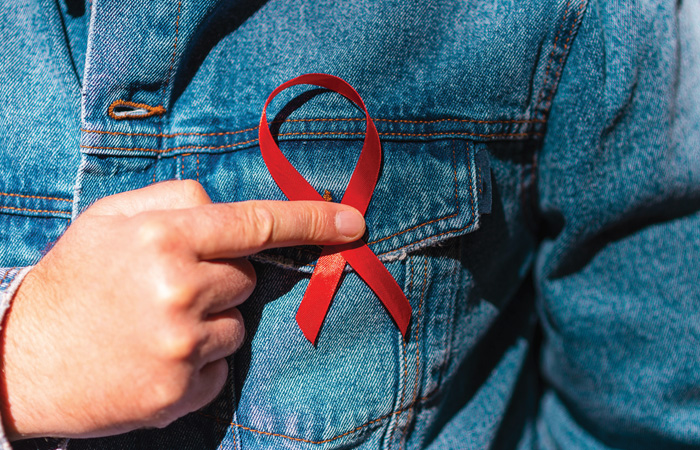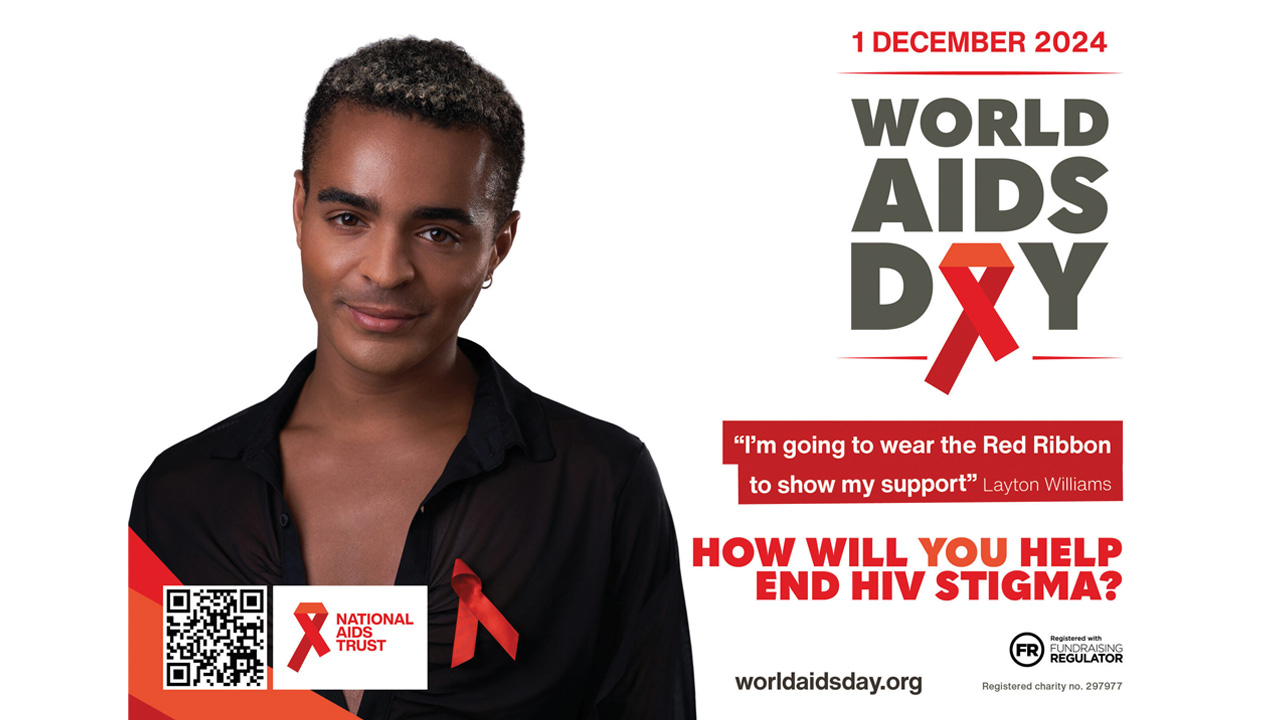In Campaigns
Follow this topic
Bookmark
Record learning outcomes
It has been a year full of campaigning! Over the last 11 months, we hope you and your team have managed to get involved in some of the worthy health awareness campaigns this year, and enjoyed the sense of fulfilment in helping to make a change – big or small. Whether that is by getting people talking about something they were unaware of, encouraging checks and screening, or raising funds. But the year is not over yet, and December’s health campaign asks you to do the same one more time in 2024. With World AIDS Day on 1 December, there is plenty of opportunity to finish off your campaigning year strong.
More about the campaign
So what are the aims and in what ways can pharmacy teams get involved, raise awareness and participate? “World AIDS Day is a global movement to unite people in the fight against HIV and AIDS. In the UK, more than 105,000 people are living with HIV. Globally, an estimated 38 million people live with the virus. More than 35 million people have died of HIV or AIDS related illnesses over the past 40 years, making it one of the most destructive pandemics in history,” says Hannah Daws, director of fundraising at the National AIDS Trust. “World AIDS Day exists to shine a light on the real experiences of people living with HIV today, while celebrating the strength, resilience and diversity of the communities most affected. It is a moment to inspire the leadership needed to create a future where HIV doesn’t stand in the way of anyone’s life. This year, the National AIDS Trust has highlighted the different ways that people living with or affected by HIV are working to fight stigma this World AIDS Day.”
Ending the stigma
Awareness is crucial in combatting HIV and AIDS and importantly in dismantling the stigma surrounding the disease – HIV and AIDS can affect anyone, and people who have contracted the disease need to feel supported by their community to access the treatment available to them. “Medical advances mean people with HIV in the UK can expect a long and healthy life and ending HIV transmissions for good is now a realistic goal. But HIV continues to be highly stigmatised and misunderstood,” Hannah comments. “At the National AIDS Trust, the UK’s HIV rights charity, we are contacted weekly by people experiencing discrimination because of HIV, including in work, education, housing and even healthcare. Stigma is persistent, and marginalised groups are still experiencing worse health outcomes. We fight for the rights of everyone in the UK who is living with, at risk of or affected by HIV and campaign for better futures for everyone, as well as an end to new transmissions by 2030.”

Wearing the red ribbon in support of HIV and AIDS awareness all year round can spark conversations.
What pharmacy teams can do
As always, pharmacy teams are perfectly placed to be springboards for conversation on World AIDS Day. You can start campaigning in the lead up to 1 December and thereafter, by wearing a red ribbon, which will “signal your support and solidarity with people living with HIV”, says Hannah. For people who are not familiar with the red ribbon, it may also lead to a conversation where you can inform your customer about World AIDS Day and HIV and AIDS, encouraging destigmatising and raising awareness. You can head to the World Health Organization’s (WHO) page: who.int/news-room/fact-sheets/detail/hiv-aids to learn more about transmission, symptoms and diagnosis.
“And, you can order 100 red ribbons and a collection box [for free] – all funds raised by you and your customers will help us carry on our fight against discrimination and stigma and improve human rights and health outcomes for all,” says Hannah.
Other than wearing the red ribbon and starting conversations surrounding HIV and AIDS, pharmacy teams can play a pivotal role in ending transmissions by encouraging customers to get tested. HIV is spread from the bodily fluids of an infected person, including blood, breast milk, semen and vaginal fluids – it cannot be spread through kisses, hugs or sharing food – and can be passed from a mother to her baby. Getting tested is the only way for people to find out if they have HIV, so anyone who is sexually active and has multiple sexual partners should get tested regularly. If test results are positive, starting treatment early means the longer people will have to live a full, healthy and productive life. You can inform customers that free and confidential HIV tests are available from pharmacies, NHS sexual health clinics, charity testing services and GPs.
Campaign assets which can be put up in the pharmacy, including posters and social media posts, are available from worldaidsday.org/join-in/.

